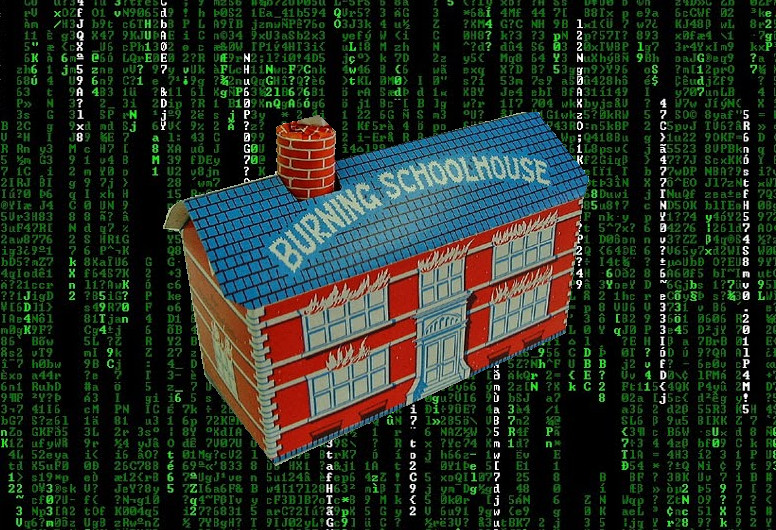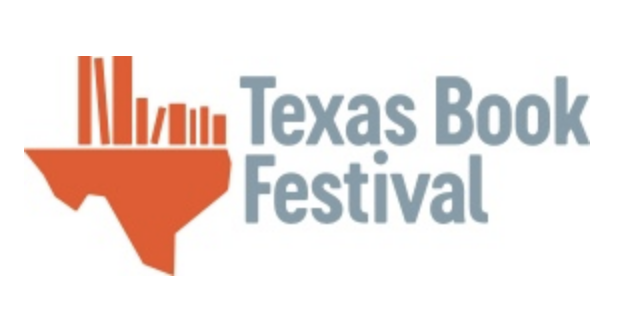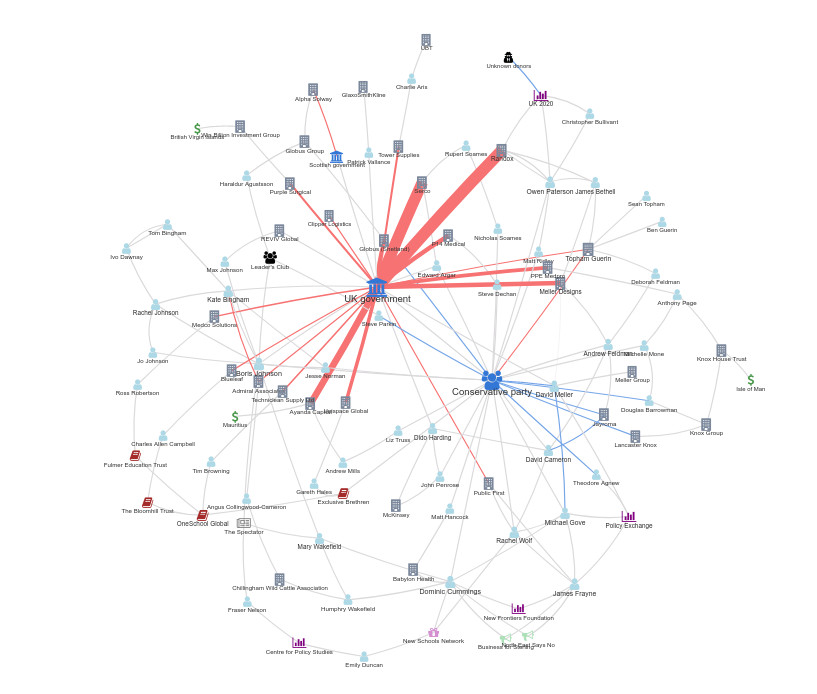
Even before lockdown, ed-tech had taken over America's public schools, with students increasingly completing assignments, accessing course materials and messaging each other and teachers through monolithic ed-tech platforms .And where you have IT, you have breaches.
1/
1/

Ed-tech breaches are particularly ghastly - they've leaked teachers' databases of which kids are being bullied; students' medical and mental-health records; and information needed to steal millions from classroom funds.
2/
2/
But as the @K12CyberMap project reports, the extent of these breaches has been vastly underreported, because breach-reports count compromised VENDORS, not compromised SCHOOLS.
hechingerreport.org/proof-points-w…
3/
hechingerreport.org/proof-points-w…
3/
So when Pearson - one of the monopolistic giants of the ed-tech world - experienced a breach in 2018, that was counted as a single incident, even though it affected 135 school districts, each with many schools.
4/
4/
The GAO's official breach figures count only 25% of the known breaches - and no one is counting the un-reported breaches, which the project believes could raise the figure by a factor of 10 or 20.
eof/
eof/
• • •
Missing some Tweet in this thread? You can try to
force a refresh











